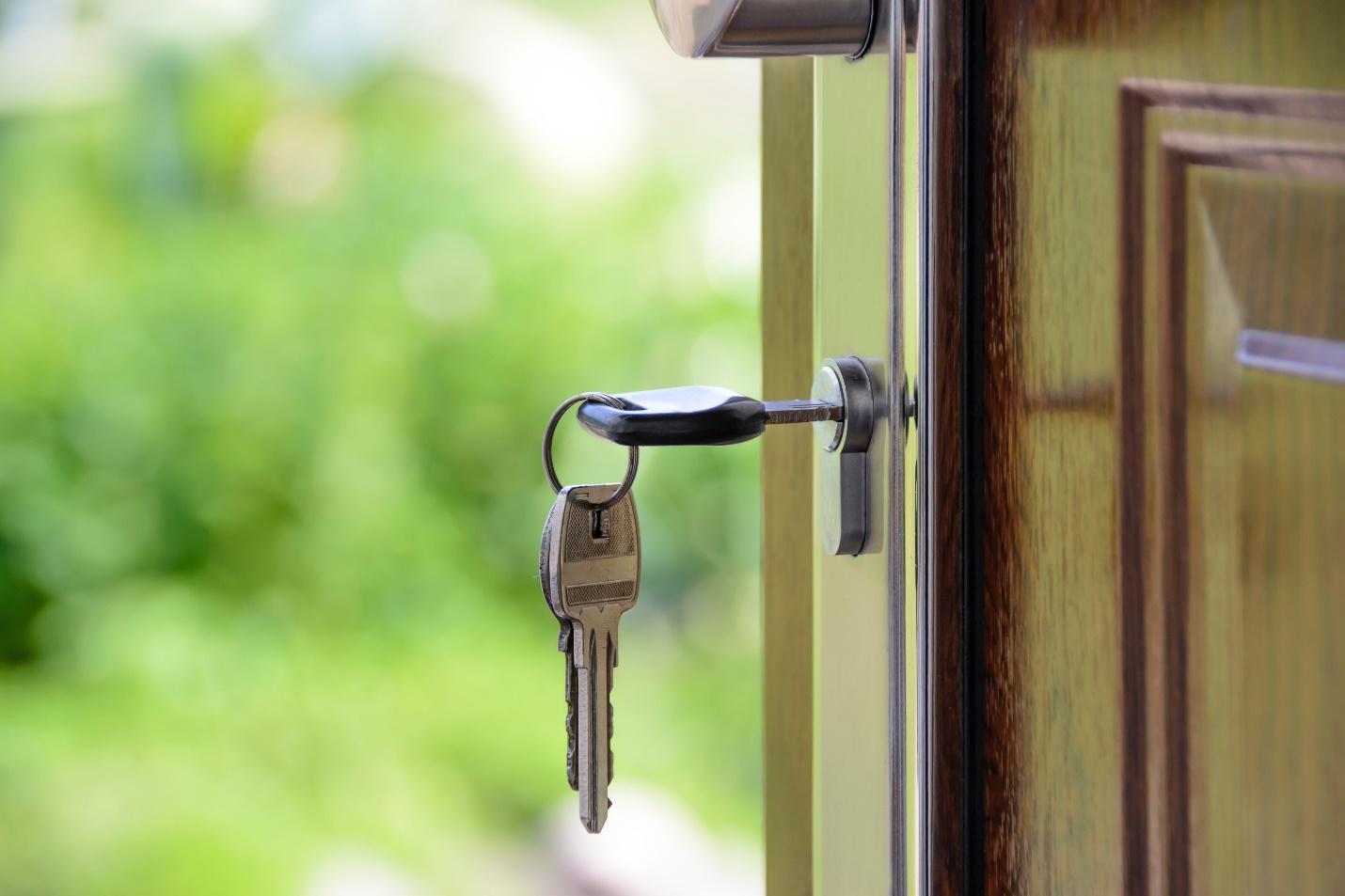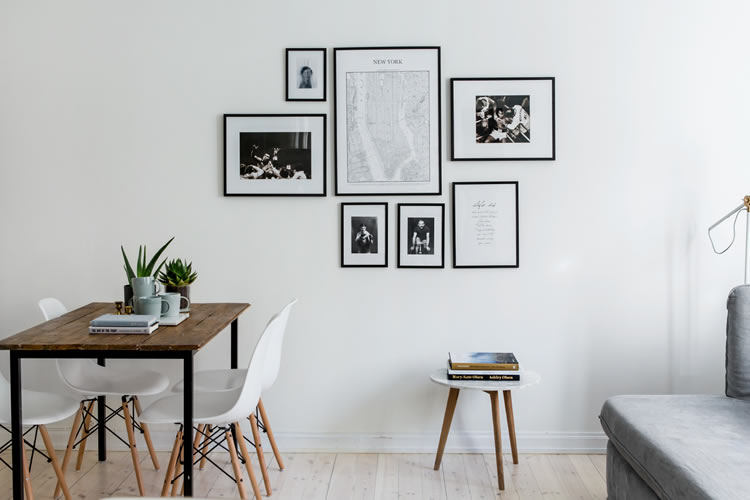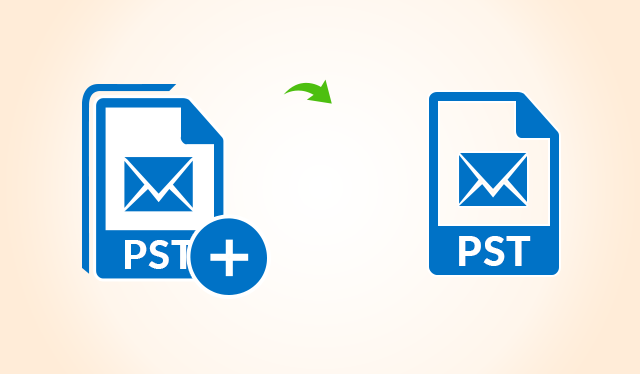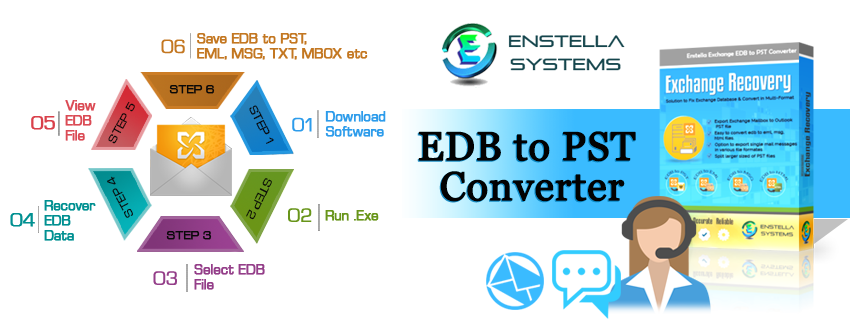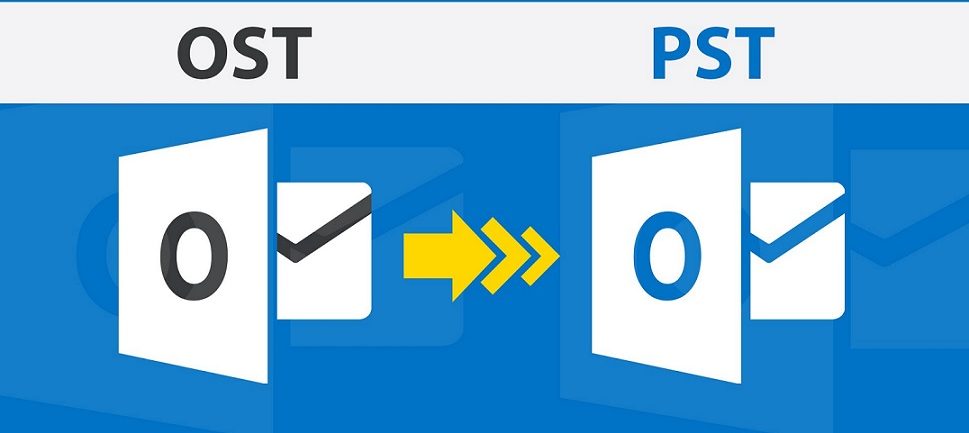“The ache for home lives in all of us, the safe place where we can go as we are and not be questioned.”
— Maya Angelou
Planning to buy your first property can, indeed, be exciting. You’ll be building a life in a house you’ll call your home.
At the same time, it can be overwhelming and challenging to save for your first home deposit. At times, you would even feel as if you’ll never be able to afford a place of your own, with continuously rising living costs and growing property prices. Be that as it may, you could explore efficient ways to saving money faster.
With the right money-saving hacks, you can boost your savings objectives. This post will walk you through the different steps you can take to obtain your dream home through careful planning. We’ll include practical advice, tips, and tricks you can use to navigate the property market and save for a down payment on your future home.
1. Set Your Goal Straight
There’s nothing wrong with being ambitious and it’s perfectly okay to dream big, but when it comes to purchasing your very first property, bear in mind that there are practicalities that you have to take into consideration. Whether you’re after a property that is in proximity to your workplace, is near transport hubs, or has top-of-the-line amenities, you need to determine the most important elements you want in a home.
Once you’re clear about your goals or priorities, you can start browsing the real estate market to find competitively priced options that suit your requirements. Needless to say, it’s unnecessary to look for properties that exceed your budget. This brings us to our next point.
Calculate how Much Money You Need to Save
Underestimating how much deposit you need to save is a common mistake that first-time homebuyers make. Many people miss out on impressive first-home prospects because they think they must save up a 20% deposit, while others completely miscalculate and forget to factor in other costs like closing costs, furniture and appliances, property taxes, and so on.
It’s ideal if you can save a 20% deposit, but for the majority of buyers, this entails saving for years. If this is not the best route for you, it may be advisable to save only a 5% to 10% deposit and then opt to pay for applicable private mortgage insurance (PMI).
Under this arrangement, the lender may allow you to make a smaller down payment with a mortgage insurance company covering potential losses for the lender in case of property foreclosures.
Through PMI, you can go ahead with the purchase before market prices rise. Just note that you’ll be incurring monthly costs to pay for PMI for as long as the home equity is less than what’s ideal.
Create an Efficient Financial Plan
The best time to start saving is the soonest you get to establish a clear financial objective. This is because putting money aside regularly will compound over time.
Make a budget and based on much money you make, figure out how much of it you can spend on necessary expenses as well as how much of it should go to savings. You could start a high-interest savings plan or term deposit account to earn money while keeping your expenses low.
Also, set up an automated transfer so that a portion of your salary goes straight to your savings account before you even have a chance to touch it.
Pay off all Your Debts
You must start tackling any unpaid debts you have. This way, you can redirect the money you were paying in interest to your savings instead. By reducing (if not eliminating) your loans or credit card debt, not only can you reach your financial goals faster but also enhance your borrowing power once you try to secure a home loan.
If you have multiple loans, consolidating them can help you pay them off faster. If you owe money on a credit card, switching to a card with a lower interest rate can enable you to slash a considerable amount of debt. Take the time to look for a credit card that might be useful in your situation.
Think about Downsizing
“Some people look for a beautiful place. Others make a place beautiful.” — Hazrat Inayat Khan
Downsizing is one of the quickest ways to save money for a down payment. It is the process of cutting costs and living within one’s means while saving. You could downsize on the amount you pay for essential costs while putting aside the extra towards a savings fund.
Whether it’s moving into a smaller apartment, selling one of your family’s extra cars, or relocating to a place with a more affordable cost of living, there are many ways you can downsize your expenses. Many people downsize to save for a large purchase. Then again, you might also discover that you prefer a simple life.
Open a High-Interest Savings Account
Find out which banks offer the best savings account interest rates and make your money work harder for you. You might want to consider a term deposit once you have adequate savings in your bank account.
A term deposit, unlike a savings account, makes it more difficult to retrieve your money without incurring penalties, but the interest rate is significantly higher. You’ll also get rewards for keeping your money in the bank for a longer period, which is a good incentive to keep saving.
Monitor Where your Money is Being Spent
Start keeping track of each of your financial transactions to see where your money goes. This way, you can conveniently monitor your spending habits and discover where you might save money.
Do you require two cups of to-go coffee per day? Would it be possible for you to start riding the bus instead of paying for gasoline and parking?
Every small expense can quickly add up, so find the time at the end of each month to figure out how you can spend more wisely. Having well-maintained finances also shows the bank that you have a strong savings history and are financially responsible, making them more willing to lend you a loan for your future home.
The Bottom Line
You should have a solid plan in place if you want to save for a property. Before anything else, figure out how much money you’ll need for a down payment. If buying a home with a 20% down payment is not feasible, it is in your best interest to shop around for options that will enable you to buy a home with a lower down payment.
There are numerous ways to save money for a down payment. Begin by setting a family budget that includes setting aside money each month for the initial expenses of buying a home. You may also want to consider taking on a second job, changing careers, or downsizing your lifestyle. Reducing your debt, enlisting the assistance of friends and family members, or renting out an extra bedroom can all help you save more money.
Here’s a relevant quote to guide you in your journey of building something, such as your home: “If you haven’t found it yet, keep looking. Don’t settle. As with all matters of the heart, you’ll know when you find it.” — Steve Jobs
Author Bio:
Rose is a licensed real estate broker and co-founder of RE/MAX Gold Philippines, a real estate company in the Philippines. Acting and real estate have always been her passions since childhood. She confidently helps close record-breaking deals for residential and commercial buyers while leading her team to success.
